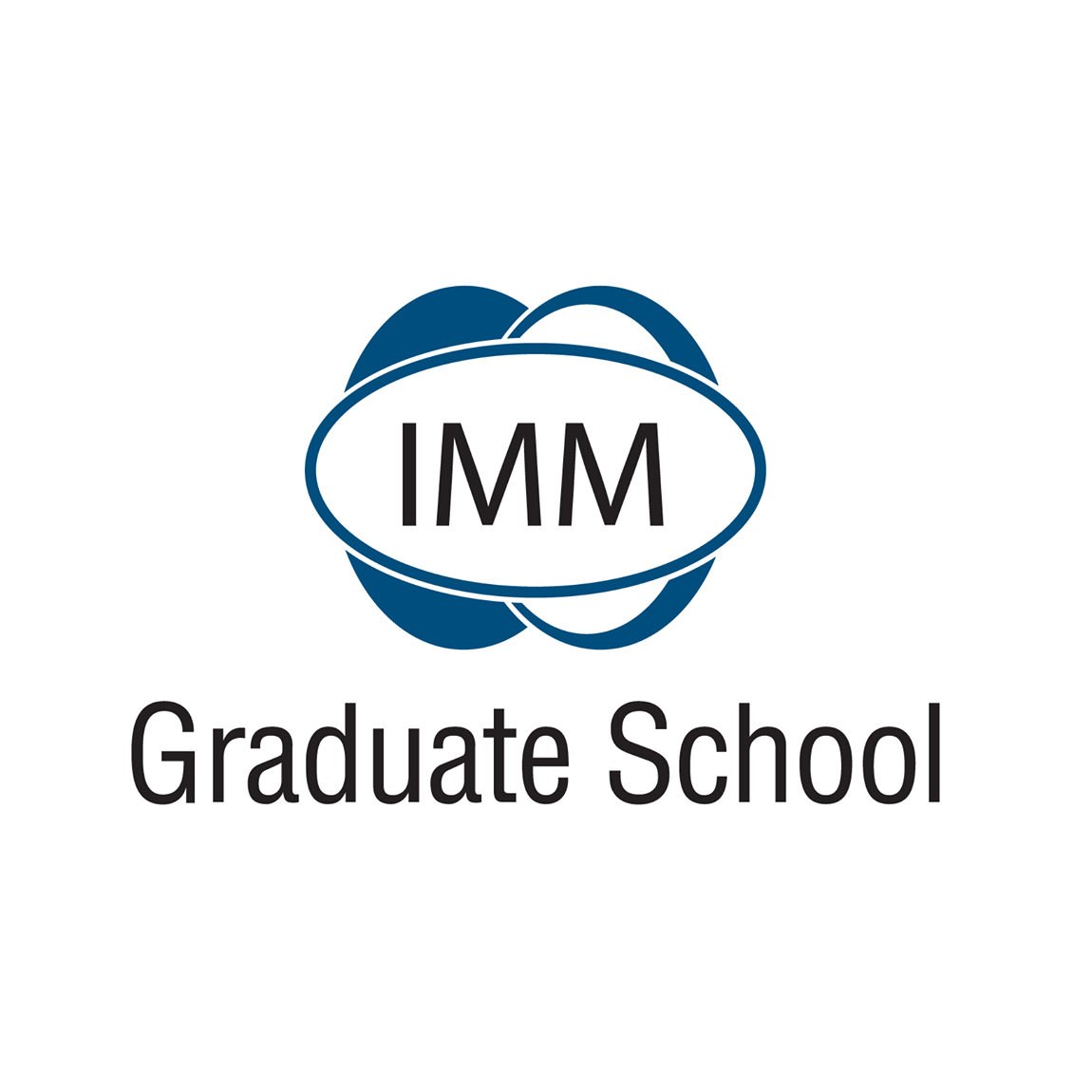In today’s ever-changing world, built on technology, e-commerce and global trade, supply chain management is increasingly becoming a pivotal personal competence, and a key competitive advantage for many businesses.

In today’s ever-changing world, built on technology, e-commerce and global trade, supply chain management is increasingly becoming a pivotal personal competence, and a key competitive advantage for many businesses.
This trend is manifesting in a worldwide shortage of supply chain management (SCM) skills and, in particular, a critical skills shortage in Sub-Saharan Africa. Hence the need for comprehensive and relevant SCM education and training.
Where marketing determines what offerings customers want and need, SCM ensures that the inputs that are needed to produce these offerings are available to the organisation when they are needed to be converted into finished goods and services. Thereafter, SCM plays a critical role in getting the product or service to the end-user.
The Bachelor of Commerce in International Supply Chain Management is comprised of a number of modules all of which have been deliberately synergised to provide students with a world-class SCM and business qualification.
Consisting of two independent streams (Transport and Logistics and Procurement), the degree has been designed to provide students with a content-rich and application-oriented learning experience with the emphasis on employability and tangible value-add to companies.
The best-in-class content has been benchmarked and validated by subject matter experts across various sectors and disciplines for use in this programme.
This three-year degree covers a variety of both business and supply chain related subjects. The content is structured to introduce foundational theory and to also focus on practical implementation through a variety of projects using topical local and international case studies.
Completion of the qualification will position graduates for management roles within the areas of inventory and materials management, procurement, logistics, and supply chain management.
Programme Exit Level Outcomes:
Demonstrate an integrated understanding of a broad scope of management knowledge and how it practically applies to the disciplines of marketing, sales management, supply chain and project management.
Demonstrate a comprehensive understanding of the knowledge regarding economics, financial management, research as applied to marketing, sales, supply chain and project management activities in relation to the organisation and the business environment in general.
Collect, analyse, organise and critically evaluate relevant economic, financial, marketing and project related information to make sound decisions in the organisation.
To demonstrate ability to identify, analyse, evaluate, and critically reflect on complex problems related to sales, marketing, operations and supply chain in the organisation with the aim of finding evidence-based solutions.
Evaluate, apply, and integrate sales, marketing, supply chain and project management knowledge and skills and general business principles to real life situations taking into account societal, ethical, and cultural considerations.
Access, process and manage information, demonstrating the ability to develop appropriate processes of information gathering for a given context or use, also independently validating the sources of information and evaluating and managing the information.
Use appropriate academic/ professional/occupational discourse to produce and communicate information in a business environment, demonstrating their understanding and own ideas and opinions on business science, marketing sales, project management and supply chain related matters. Students must do so whilst respecting conventions around intellectual property, copyright and plagiarism.
Critically analyse contemporary business information and evaluate the potential future outcomes of sales, marketing, supply chain and project management decisions.
Students must show an understanding of the scope of responsibilities required of a management position in the sales, marketing, supply chain, human resources operations, project management functions, and understand the accountability to senior management in an organisation.
Mode of delivery:
The IMM Graduate School offers its qualifications primarily in an online format, augmented by a variety of additional content. The core material is available in a compelling digital presentation, complete with pacers, self-assessment opportunities, links to further material, articles of interest, and more.
This digital portal also serves as the primary point of contact and communication on academic and administrative matters with a dedicated team to respond to student queries.
The content delivery is supported by regular eMasterclasses recorded and posted on the portal. eDiscussion forums facilitate further student to lecturer interaction.
Curriculum:
The BCom in International Supply Chain Management is offered at level 7 of the NQF (HEQSF aligned) and consists of 360 credits. The BCom in International Supply Chain Management comprises 19 compulsory modules and is structured as follows:
Modules Year 1:
Supply Chain Management 1 (20 credits)
Academic Skills Development (non-credit bearing)
Project Management 1 (20 credits)
Financial Management 1 (20 credits)
Business Management 1 (20 credits)
Economic Principles (20 credits)
Electives
Modules Year 2:
Project Management (20 credits)
Financial Management 2 (20 credits)
Supply Chain Management 2 (20 credits)
Business Management 2 (20 credits)
Risk Management (20 credits)
Electives
Modules Year 3:
International Supply Chain Management (20 credits)
International Economics (20 credits)
International Supply Chain Project (20 credits)
Business Management 3 (20 credits)
Trade Finance and Payments (20 credits)
Electives
The Academic Board of the IMM Graduate School is comprised of members of industry and academics from reputable universities and business schools. This is the highest decision-making authority within the IMM Graduate School.
As such it oversees all the academic quality assurance processes, ensuring the students receive the necessary knowledge, skills and expertise to meet the demands of industry and excel within a dynamic work environment.
The highly-qualified members of the IMM Graduate School Academic Board, and their established committees, ensure that the content and quality of all IMM Graduate School qualifications, supporting learning material, and textbooks are current and in line with progressive business principles and industry requirements.
© 2025 coursetakers.com All Rights Reserved. Terms and Conditions of use | Privacy Policy